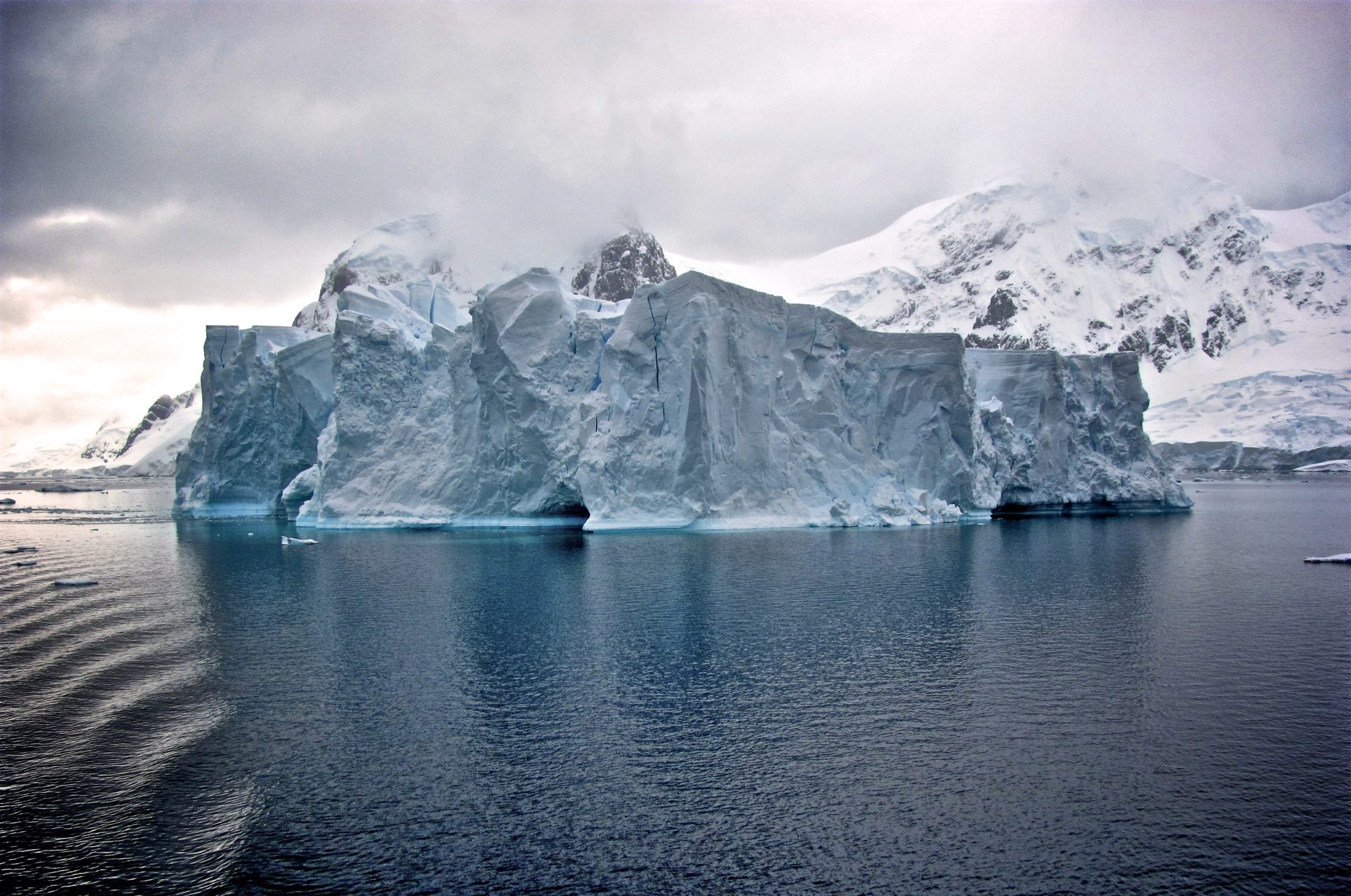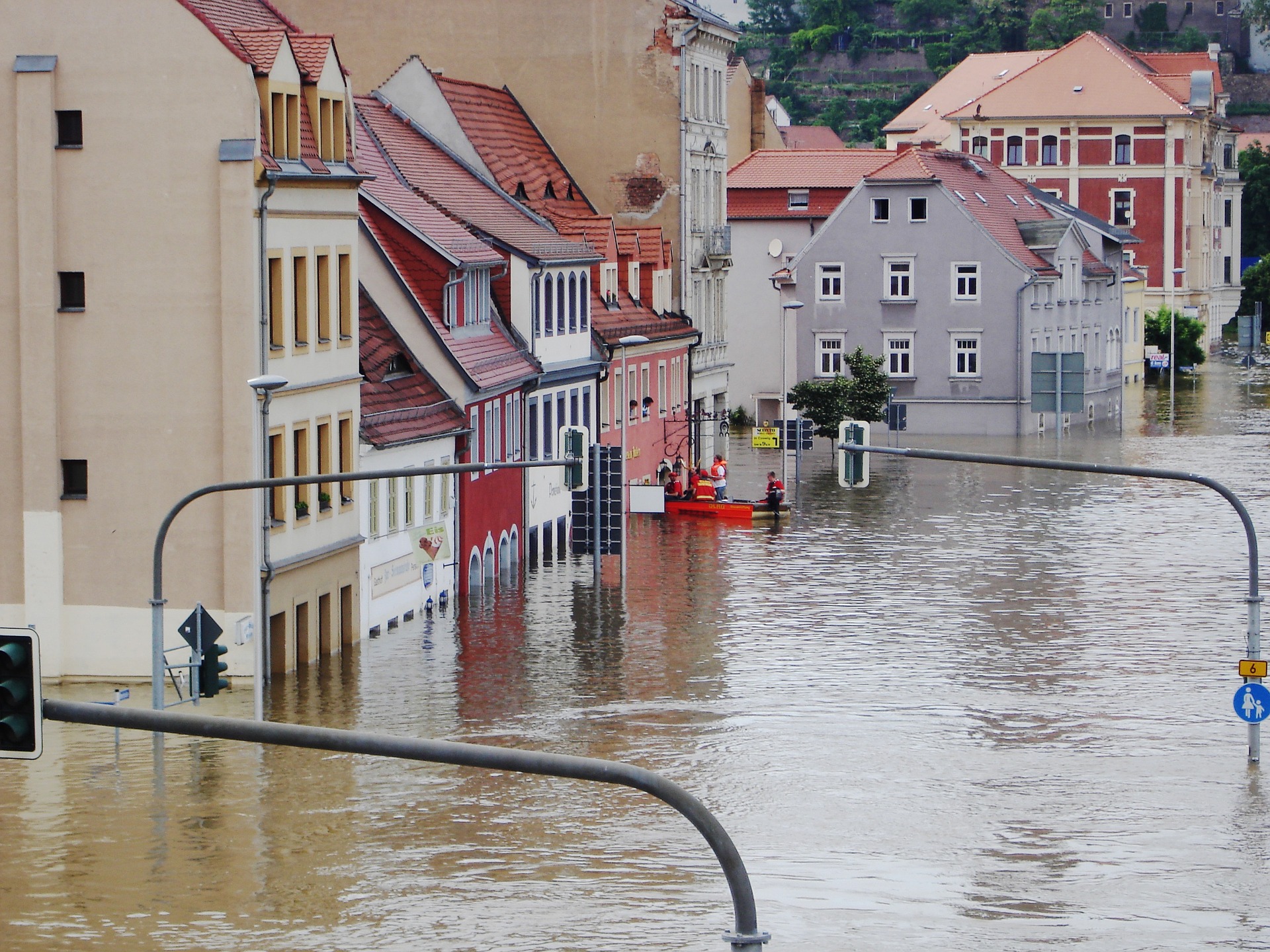Medium range forecasts look at the evolution of the Earth’s weather up to 10-15 days ahead, offering vital information for many economic sectors and the policy world. Thanks to the incremental improvements in weather forecasting accuracy gained in the latest decades, extreme events can also be predicted many days in advance, once again helping decision makers in better defining climate-related risk levels and adaptation strategies that lead to lower economic losses and saving lives.
These advancements have been obtained through a combination of expanding expertise and the enhanced computing power provided by the latest supercomputing infrastructure. Numerical Weather Predictions (NWP) – the dominant approach for weather forecasting – predict the weather based on current weather conditions through mathematical models of the atmosphere and oceans. One drawback however is that they require huge computational resources to run.
“Deep learning offers a different approach, using data instead of physical equations to create a weather forecast system,” says Remi Lam. In a recent paper published in the journal Science, lead author Lam introduces GraphCast, a weather forecasting system based on machine learning and Graph Neural Networks (GNNs) developed by Google DeepMind. GraphCast is trained on four decades of historical weather reanalysis data from the ECMWF’s ERA5 dataset to learn a model of the cause and effect relationships that govern how Earth’s weather evolves, from the present into the future.
GraphCast has been proven to produce an accurate 10-day forecast with high-resolution (28 x 28 km at the equator) in under a minute on a specialized chip that is called TPU v4 (Google Cloud Tensor Processing Unit v4). This is incredibly fast when compared to the hours of supercomputing time needed for traditional NWP approaches, thus confirming the potential for Machine Learning to offer a fast, accurate and efficient alternative.
The true paradigm-shift revolves around offering a new approach to enhancing medium-range weather forecasting that does not rely on investing more in computing power and infrastructure, but rather on finding cost-effective and energy-efficient alternatives.
“There is a revolution going on, in Earth Systems Science and certainly in meteorology, around the use of empirical models, machine learning and AI,” says CMCC Scientific Director Giulio Boccaletti introducing the webinar GraphCast: Learning skillful medium-range global weather forecasting.
“GraphCast predicts weather conditions up to 10 days in advance more accurately and much faster than the industry gold-standard weather simulation system – the High Resolution Forecast (HRES), produced by the European Centre for Medium-Range Weather Forecasts (ECMWF),” explains Lam at the online event. “It outperformed HRES on 90% of more than 1,300 verification targets.”
ECMWF is currently running an experiment to evaluate the forecasting skill of the model – whose code is open source – and provides the output for testing and comparison purposes. “We at the ECMWF view this as a hugely exciting technology to lower the energy costs of making forecasts, but also potentially improve them,” says Matthew Chantry, machine-learning co-ordinator at ECMWF. “There’s probably more work to be done to create reliable operational products, but this is likely the beginning of a revolution – this is our assessment – in how weather forecasts are created.”
GraphCast, adds Lam, can also offer earlier warnings of certain types of extreme weather events, predicting tracks of cyclones with great accuracy, identifying atmospheric rivers associated with flood risk, and predicting the onset of extreme temperatures. “This ability has the potential to save lives through greater preparedness,” says Lee, specifying that the main limitation of the model is, at the moment, that it does not fully characterize the prediction uncertainty as it provides a single deterministic forecast. Instead, ECMWF’s High Resolution Forecast addresses uncertainty by using an ensemble forecasting system, which allows quantifying the probability of extreme events.
Beyond weather forecasting, the GraphCast research team will continue to study broader climate patterns, hoping that “AI can empower the global community to tackle our greatest environmental challenges.”
Watch the CMCC webinar “GraphCast: Learning skillful medium-range global weather forecasting” with Remi Lam, Google DeepMind, introduced by Giulio Boccaletti, CMCC Scientific Director.
For more information:
- Blog: GraphCast: AI model for faster and more accurate global weather forecasting, by Remi Lam on behalf of the GraphCast team
- Scientific paper: Remi Lam et al.,Learning skillful medium-range global weather forecasting. Science382,1416-1421(2023).DOI:10.1126/science.adi2336
- GraphCast on Github






